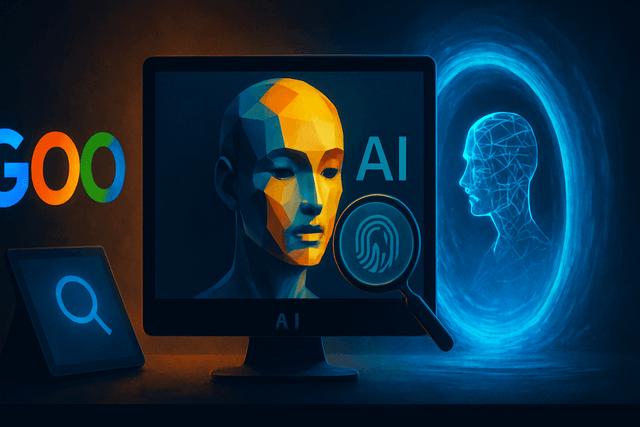As AI-generated content becomes increasingly sophisticated and prevalent, Google has introduced a powerful new tool to address growing concerns about digital authenticity and transparency.
Announced at Google I/O 2025, SynthID Detector is a verification portal that enables users to quickly identify whether content was created using Google's AI tools. The system works by scanning uploaded files for invisible SynthID watermarks that Google embeds directly into AI-generated content without affecting its quality.
The detector can analyze images, audio, video, and text created by Google's AI models including Gemini, Imagen, Lyria, and Veo. When a watermark is detected, the portal highlights specific portions of the content most likely to contain it – pinpointing particular segments in audio tracks or specific areas in images.
"As these capabilities advance and become more broadly available, questions of authenticity, context and verification emerge," Google stated in its announcement. The company reports that over 10 billion pieces of content have already been watermarked with SynthID since its 2023 launch, demonstrating significant adoption.
While promising, SynthID Detector has limitations. It primarily identifies content created using Google's own AI models or those from partners like NVIDIA that have integrated SynthID technology. Content from other AI systems like OpenAI's ChatGPT won't be detected. The watermarking system also becomes less effective with very short texts, extensively edited content, or when translated to other languages.
To expand the ecosystem, Google has open-sourced SynthID text watermarking, allowing developers to incorporate the technology into their own models. The company has also partnered with GetReal Security, a content verification platform, to broaden detection capabilities.
Currently available to early testers, journalists, media professionals, and researchers can join a waitlist for access, with wider availability expected in the coming weeks. As deepfake videos have increased by 550% from 2019 to 2024 according to some estimates, tools like SynthID Detector represent an important step toward establishing trust in an increasingly AI-generated digital landscape.

